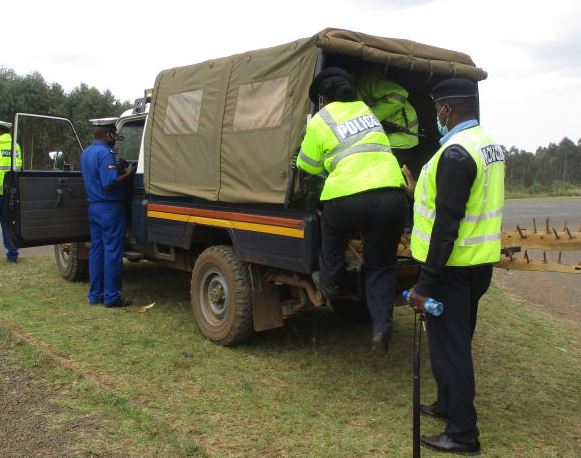×
The Standard e-Paper
Home To Bold Columnists

Police officers boarding a vehicle after removing a road block at Mathore in Lari, Kiambu. [Wilberforce Okwiri, Standard]
“Time brings all things to pass.” That is what the ancient Greek playwright Aeschylus said more than 2,500 years ago. Similarly, Kenyans were hopeful that Time would soon vanquish Covid-19, a crippling disease that was first recorded in the country on March 13, 2020.







